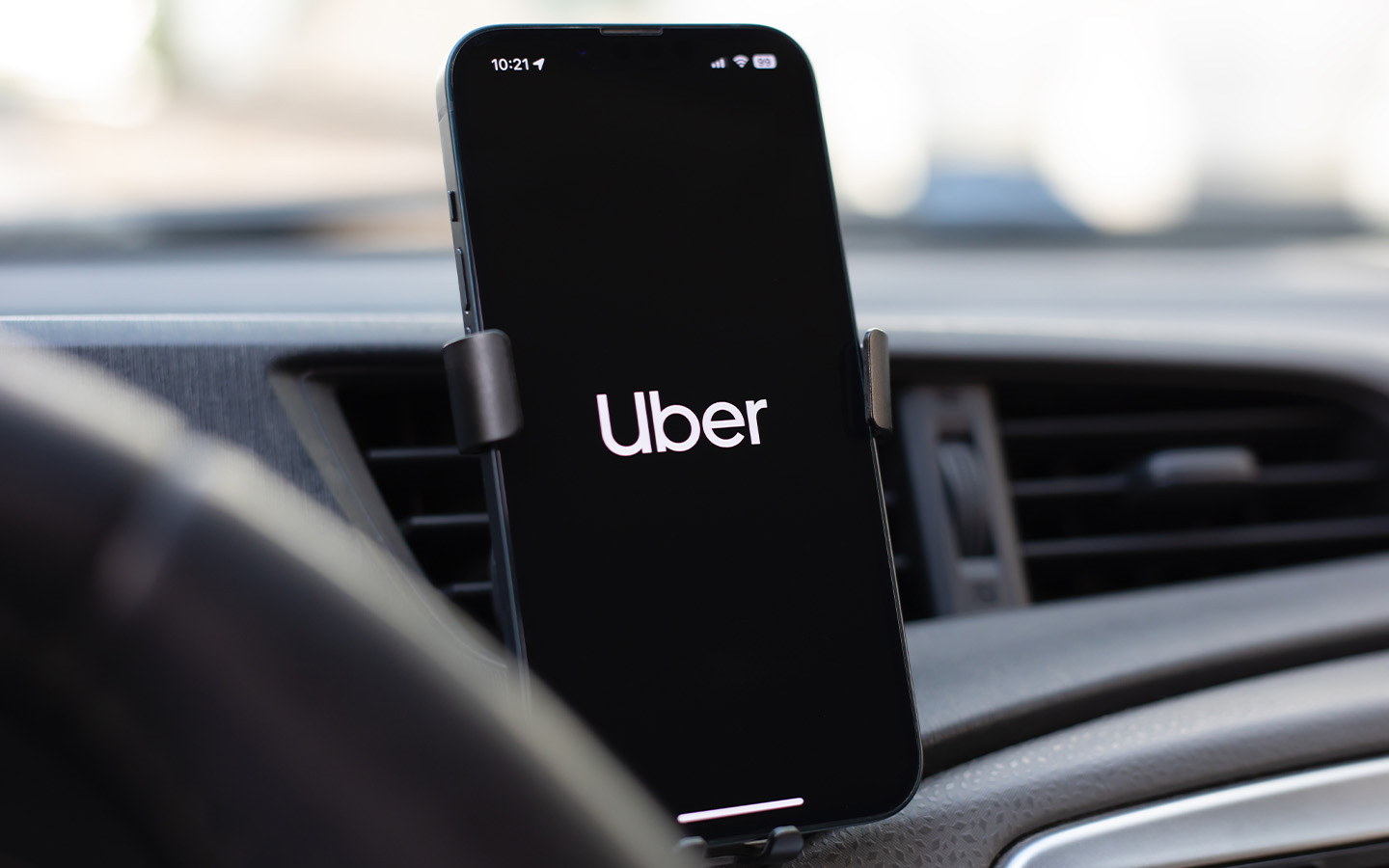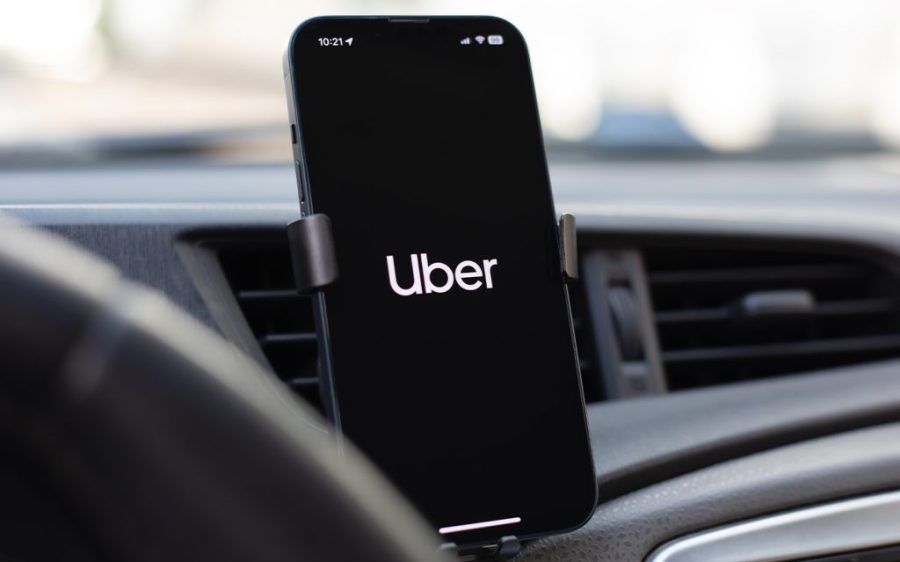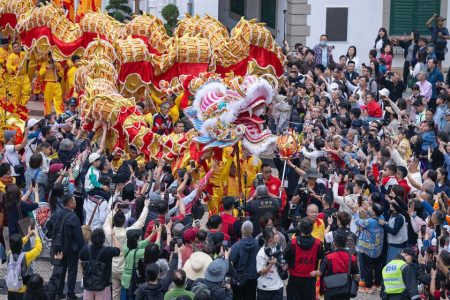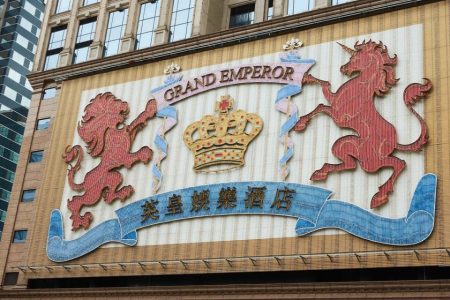When Uber entered the Macao market on 22 October 2015, some were hopeful that transport in the city – notorious for its shortage of taxis – would take a turn for the better. Uber employed roughly 3,000 local full-time and part-time drivers, and it was popular too. Cumulatively, its customers booked enough local trips to go around Macao 110,000 times.
The convenience proved short-lived, however. The platform ceased operations in Macao on 21 July 2017, after a 639-day run, bowing to pressure from local authorities, who have long resisted ride-hailing services such as Uber and Didi, citing legal concerns, as well as safety issues.
While ride-hailing is practically universal on the Chinese mainland, Macao authorities have continued to insist that “unlicensed car hailing services are not appropriate to effectively compensate for the lack of available taxis in Macao.” Even though such services operate on the mainland – and indeed globally – without too many issues, the local government claims “the operational model of calling a driver using a mobile app” will make it harder to “legally ensure the safety of passengers and the protection of their rights.”
[See more: Opinion: Macao can forget about being an international destination until it fixes its taxi problem]
It also believes that ride-hailing services render passengers more liable to overcharging, even though overcharging is one of a regular litany of complaints levelled against Macao’s regular taxi drivers, along with reckless driving, refusing to pick up passengers and rude service.
When Uber was operating in Macao, the government cracked down by slapping fines of 30,000 patacas on the app’s drivers, which Uber covered. But despite protests in support of the ride-hailing service, and attempts to operate in defiance of the law, Uber’s operations in Macao ultimately became unsustainable, and the company found itself forking out fines totalling roughly 10 million patacas (US$1.25 million).
Are Uber or Didi a threat to Macao’s taxi industry?

Critics have accused the Macao government of acting on behalf of taxi operators, who fear that a flood of Uber and Didi drivers on the streets would erode the value of a regular taxi licence. During a tender for new taxi licences in 2023, bidders shelled out as much as 3.8 million patacas (US$476,000) for a licence that allowed the bearer to operate 50 taxis. That works out to 76,000 patacas (US$9,600) per cab.
The Macau Taxi Driver Association continues to vociferously oppose the reentry of ride-hailing services in the city, with the organisation’s president, Tony Kuok, stating in 2023 that “references from overseas show that online car hailing service affects the survival of the industry and disrupts the market.”
[See more: Macao’s chronic taxi shortage highlighted in new survey]
However, the impact of ride-hailing services is probably more nuanced than the taxi industry would like passengers to believe. A 2017 study conducted in Taiwan found that taxi drivers’ revenue fell following the introduction of Uber, but the resulting competition also presented an opportunity for local taxi operators to step up their game through increased advertising and improved services.
In the US, another 2017 study concluded that Uber was not detrimental to a taxi driver’s job security, even though it did result in a decline in their earnings.
How would ride-hailing services like Uber and Didi benefit Macao?
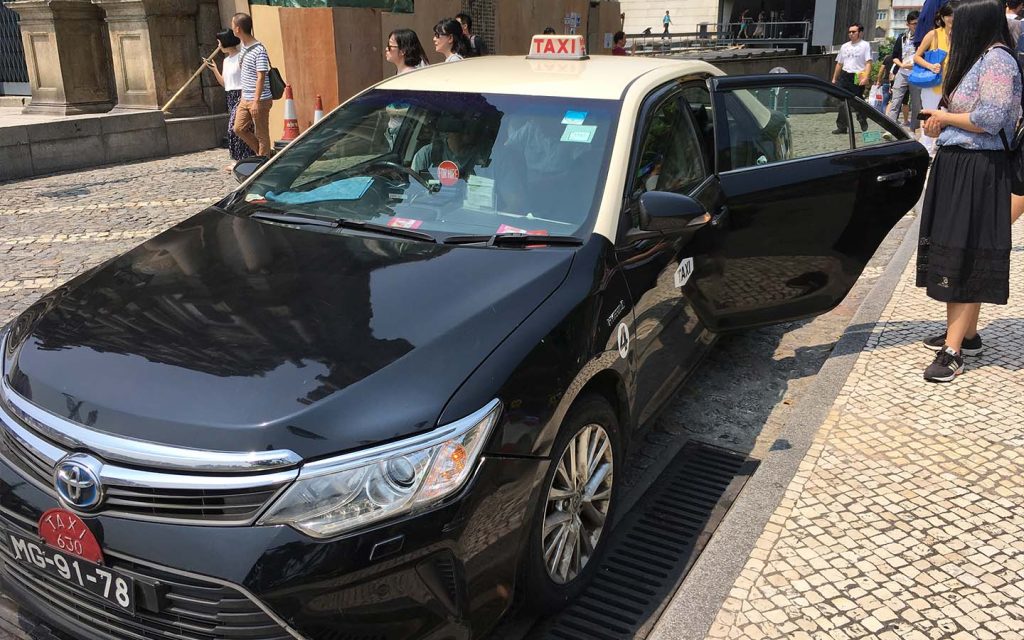
Local lawmaker Ron Lam U Tou is under no illusions about the disruptive nature of ride-hailing services, telling Macao News that “it will definitely bring a new kind of shock” to the market.
Lam, however, is adamant that the SAR needs a regulated form of the service, arguing that it will help the city address its underlying transport issues. He says the government’s transport policy is “not forward-thinking” and “is very poorly managed.” As an example, he cites the tender for the 10 new taxi licences, which introduced 500 new cabs to the city’s fleet, but was plagued by accusations of irregularities during the tender process.
“Actually, this licensing [of new taxis] is purely a quantitative response and replenishment [of the fleet], and does not address the community’s need for new taxi service and flexibility,” Lam says, noting that the number of taxis in Macao has actually decreased due to the expiry of many taxi licenses.
[See more: So where are all of Macao’s new taxis? Drivers wait for answers]
Data from the Transport Bureau shows that the number of black cabs at the end of the third quarter of 2024 totalled 1,220, a drop of roughly 31 percent in comparison to the 1,599 taxis registered in the third quarter of 2020. This inadequate number is meant to service a city of over 700,000 people, where the resident population can easily be swelled by more than 100,000 tourists a day during busy times.
In terms of what regulated ride-hailing services can bring to the table, besides reducing waiting times, Lam mentions that their “use of technology enables us to make full use of our [city’s] point-to-point transport capabilities in a more flexible and efficient manner.”
Can you book taxis in Macao online?
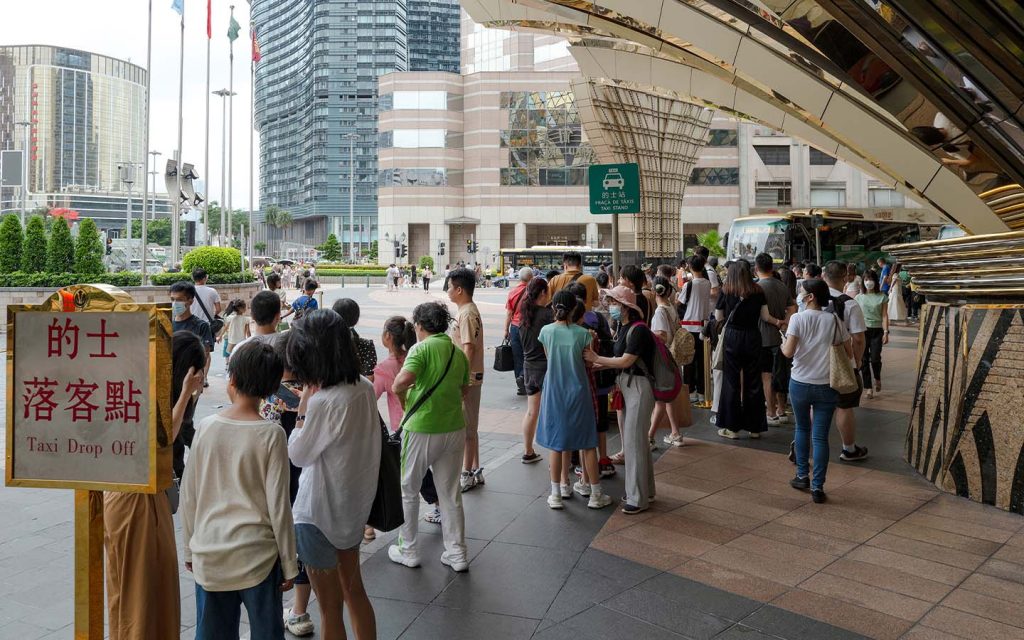
The lack of ride-hailing apps in Macao means people often pin their hopes on the so-called radio taxis. Introduced in 2017, these taxis charge the same prices as the regular black taxis, and in theory operate in a manner similar to Uber or Didi. They claim to be bookable via a mobile app, alongside other channels, including telephone and a dedicated website.
Waiting times are excruciatingly long, however, since there are just 300 of these vehicles in service. Bookings made by any other means besides phone tend to be ignored, as are advance bookings. Drivers are only interested in immediate pick up.
[See more: Will 500 new taxis be enough to meet demand? ‘Maybe not’ says Rosário]
To make matters worse, the Macao Radio Taxi app – officially known as MaasPlus – only allows registration for those who hold a Macao, Hong Kong or mainland Chinese phone number, locking international travellers out of the service.
The reviews of the IOS and Android versions of the MaasPlus app don’t inspire much confidence either, with some users criticising the app’s glitchiness, poor design choices and lack of cabs.
Lam argues that radio taxis “fall far short of the community’s strong desire for point-to-point transportation” due to their outdated operational model, tiny fleet size and response time.
Will ride-hailing return to Macao anytime soon?
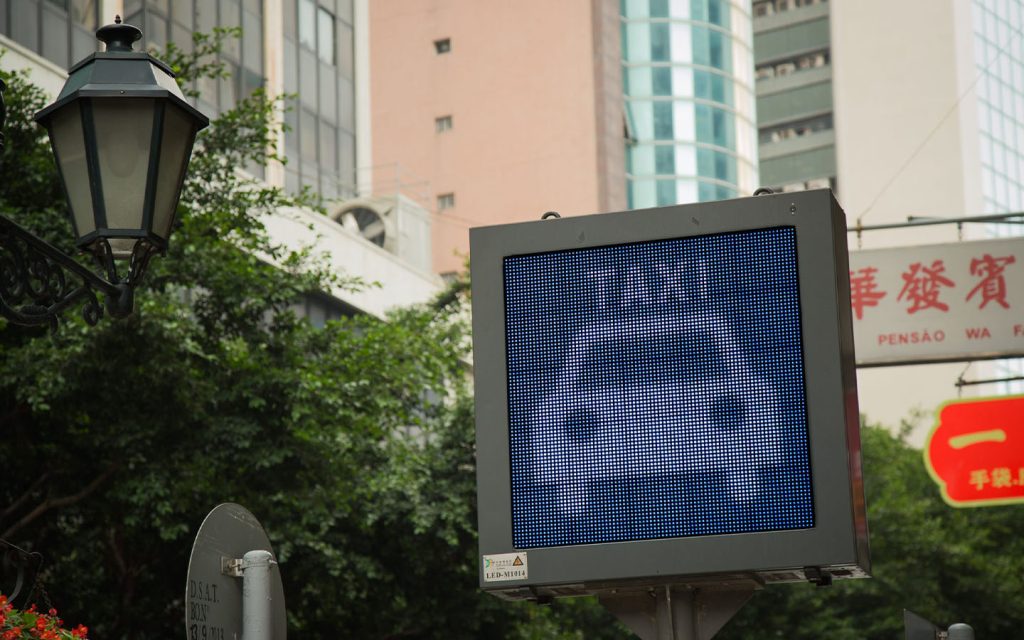
Uber had hopes of returning to the city under a new business model when it announced its departure in 2017. At the time, the company described its withdrawal as a “temporary suspension” of operations.
But fast forward to 2025 and ride-hailing services such as Uber and Didi are no closer to making any inroads in Macao. When he was chief executive, Ho Iat Seng, ruled out an imminent return of ride-hailing operations, noting during a Legislative Assembly Q & A session in 2023 that even though he approved of the concept of online ride-hailing, legalising the service would be a difficult and complex process that would require the amendment of many laws.
[See more: Macao lawmakers shut down ride-hailing debate amid taxi shortage]
All this is in stark contrast to other neighbouring areas such as Hong Kong, mainland China, Taiwan, Singapore, South Korea and Japan, which have all opened their doors to ride-hailing services.
In Hong Kong, Uber has become a popular mode of transport, celebrating its 10th anniversary last year, even though it still continues to operate in a legal grey area. To address this, Hong Kong’s government is now looking to regulate the ride-hailing industry through the development of legislation later this year, which will see the introduction of a licensing system for Uber drivers.
In contrast, recent efforts to deliberate the ride-hailing issue in Macao’s Legislative Assembly have been shot down by a vast majority of the city’s local makers. Last August, Lam attempted to propose the topic for discussion during a Legislative Assembly session, but the request was voted down by 27 out of the 31 members that were present during the vote. The naysayers deemed such a discussion “unnecessary,” “time-consuming” and contrary to the government’s efforts to encourage the use of public transport.
[See more: These are the best tips for getting a taxi in Macao]
Lam believes that his motion’s failure reflects a broader issue with the Legislative Assembly, which “should be discussing public affairs,” but has currently rejected all debate motions since 2 April 2019. “We should not mistakenly believe that because of this one single vote, this is the will of the public,” he tells Macao News.
“Personally, I don’t care which [ride-hailing] company comes to Macao,” Lam adds. “This is already an irreversible trend when it comes to point-to-point transportation… if we don’t face up to it and unnecessarily block it, there will only be a delay in the introduction of ride-hailing services in Macao, resulting in discontent.”
